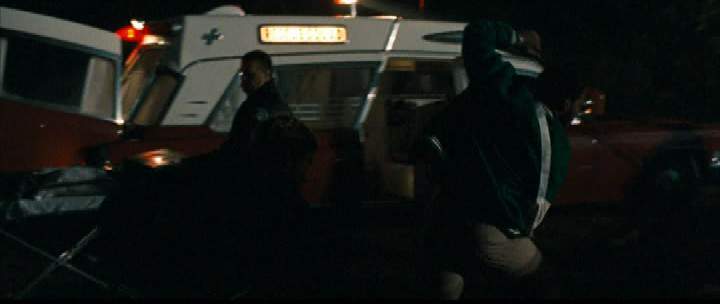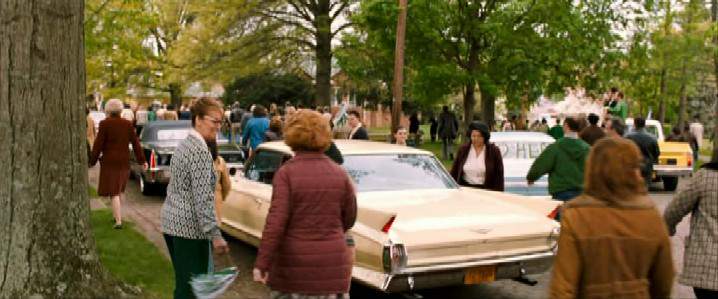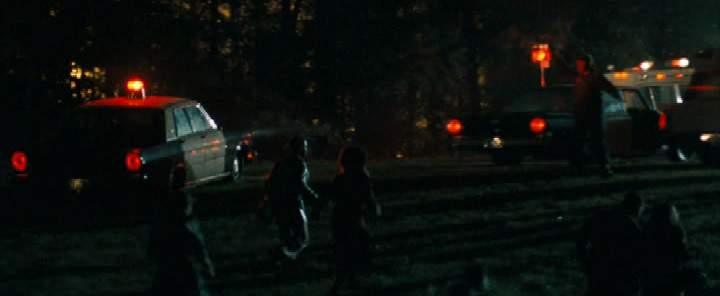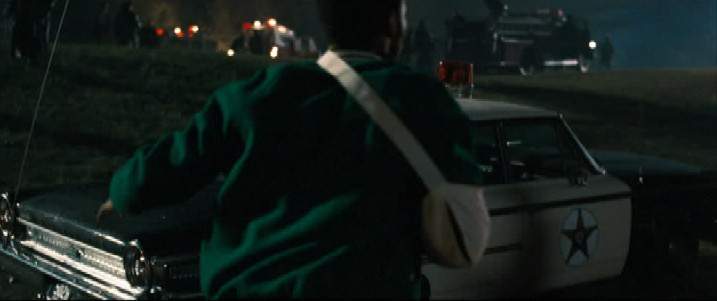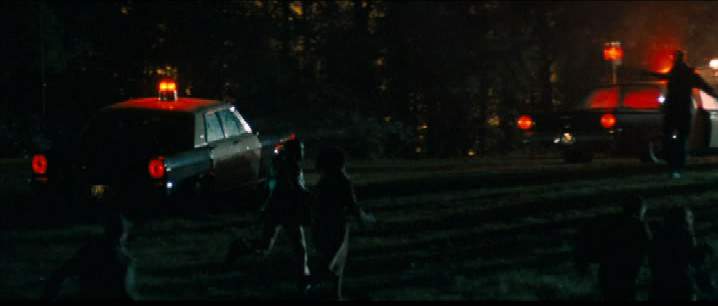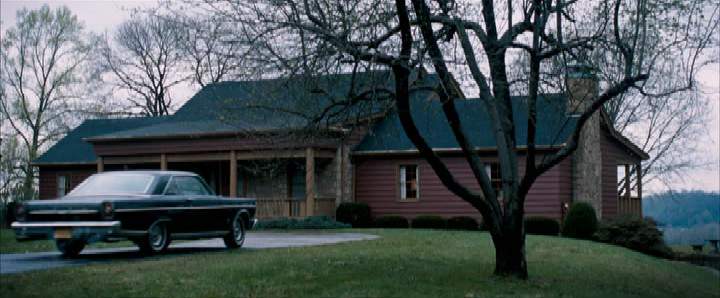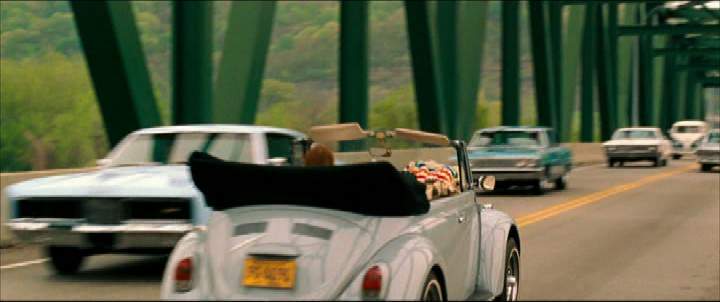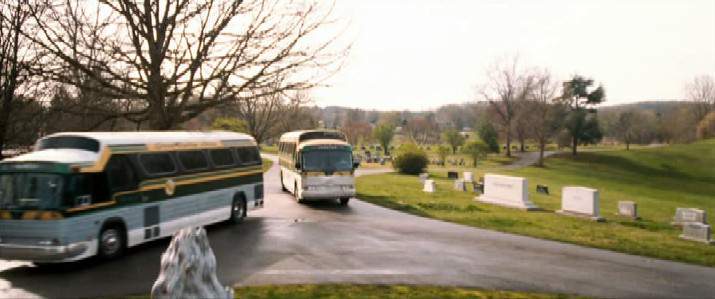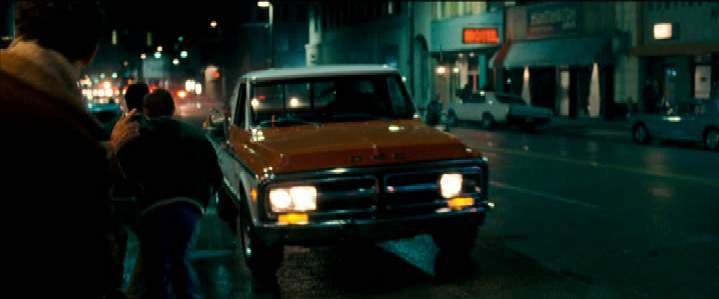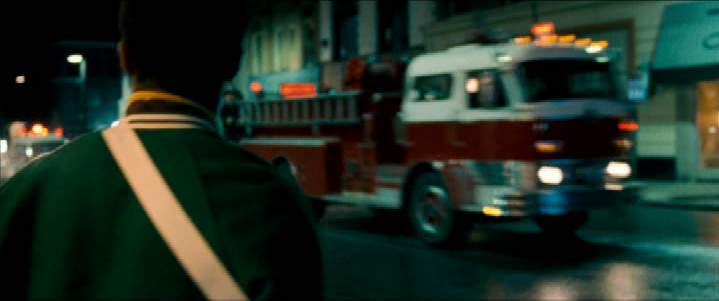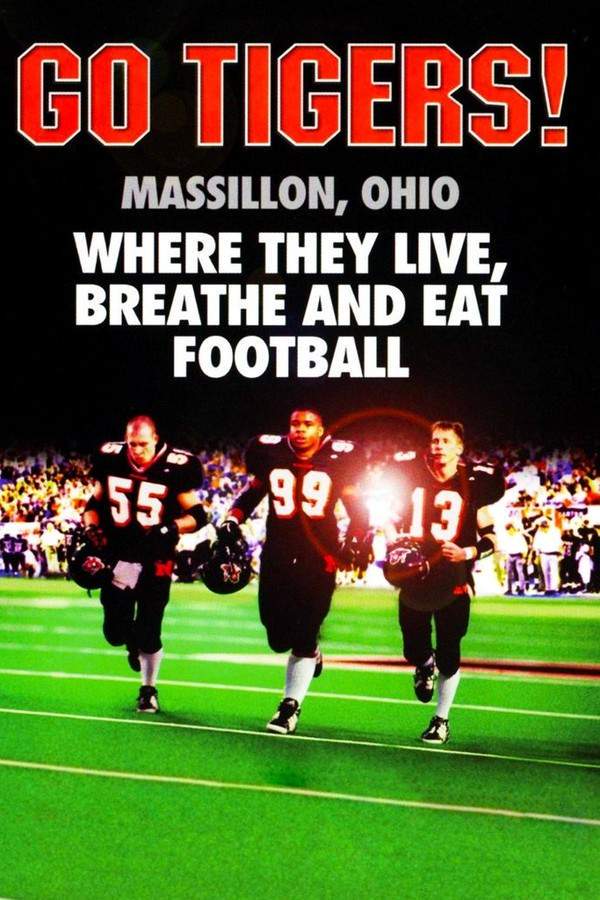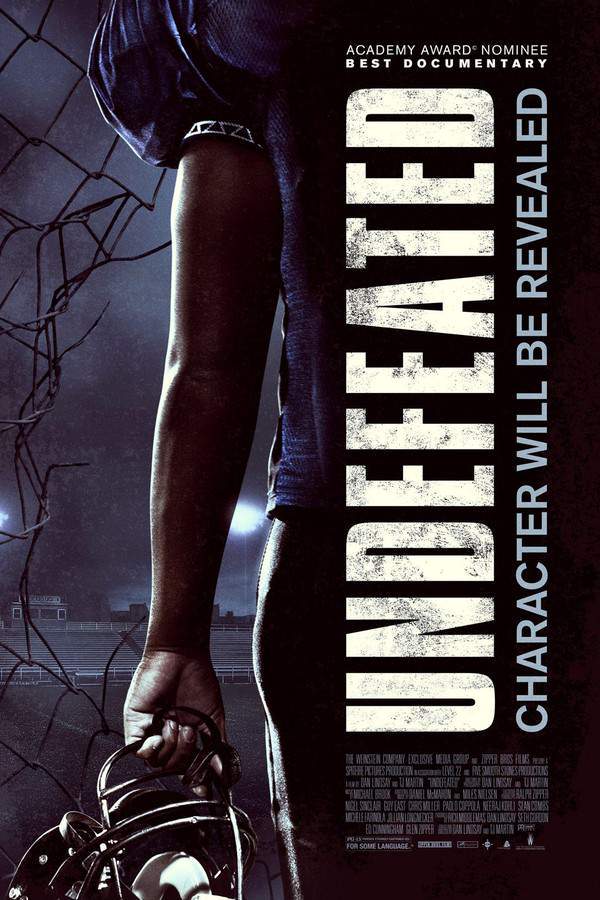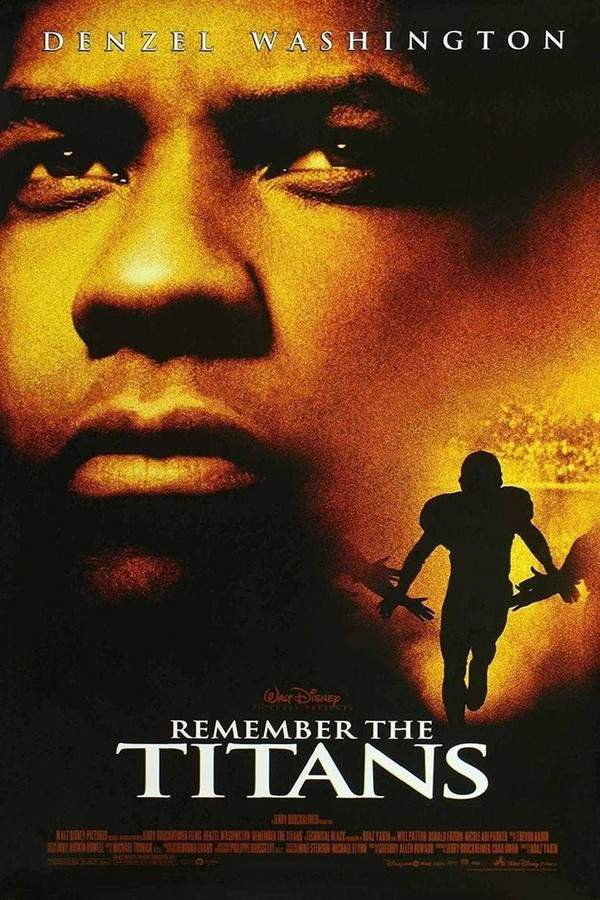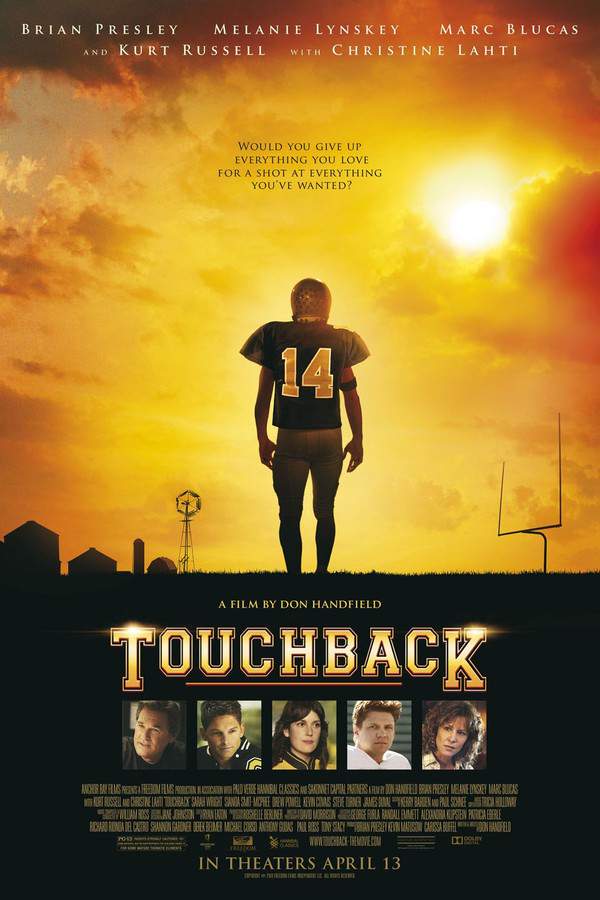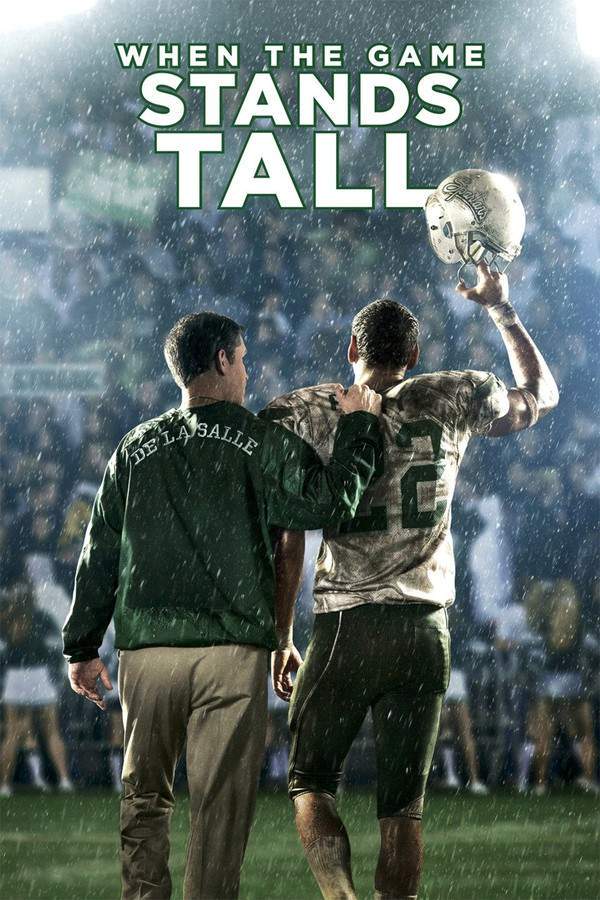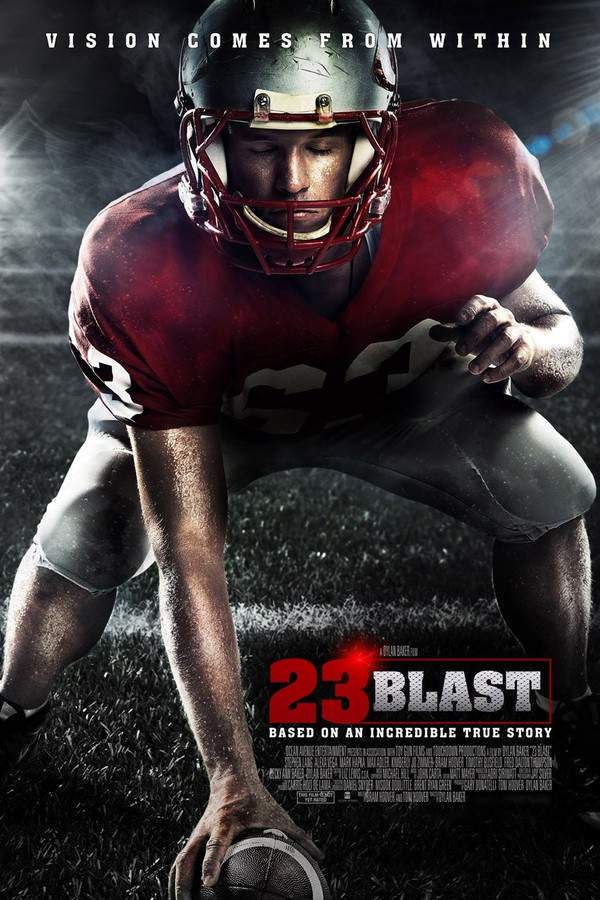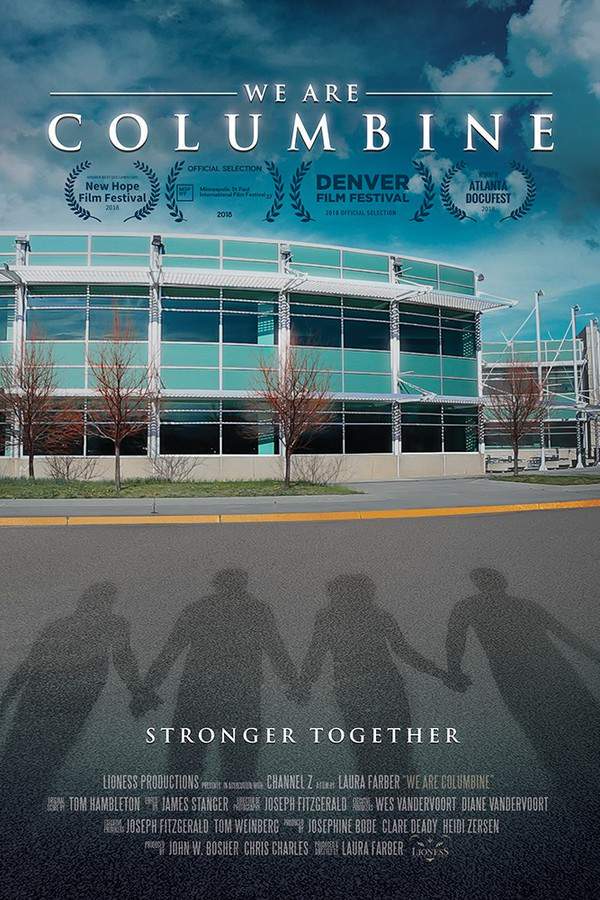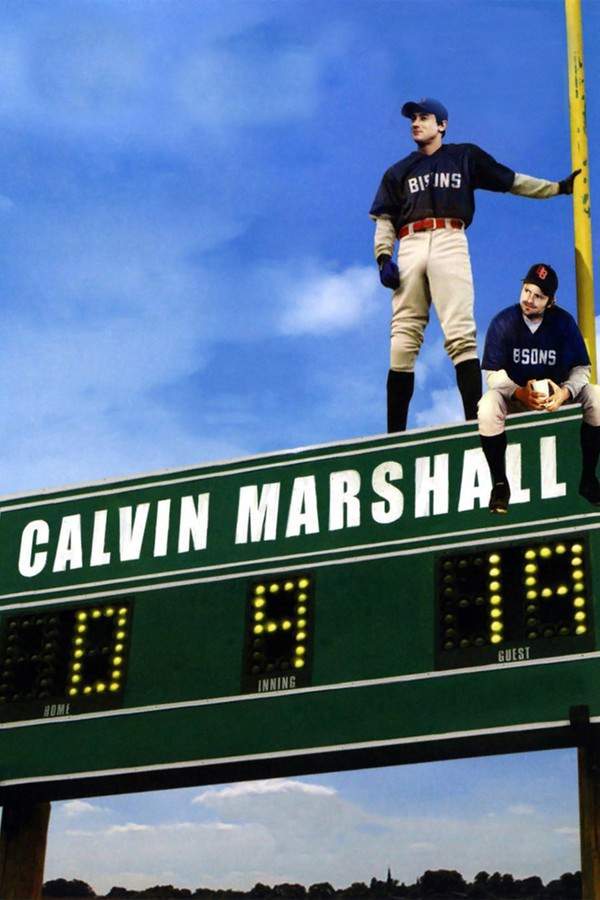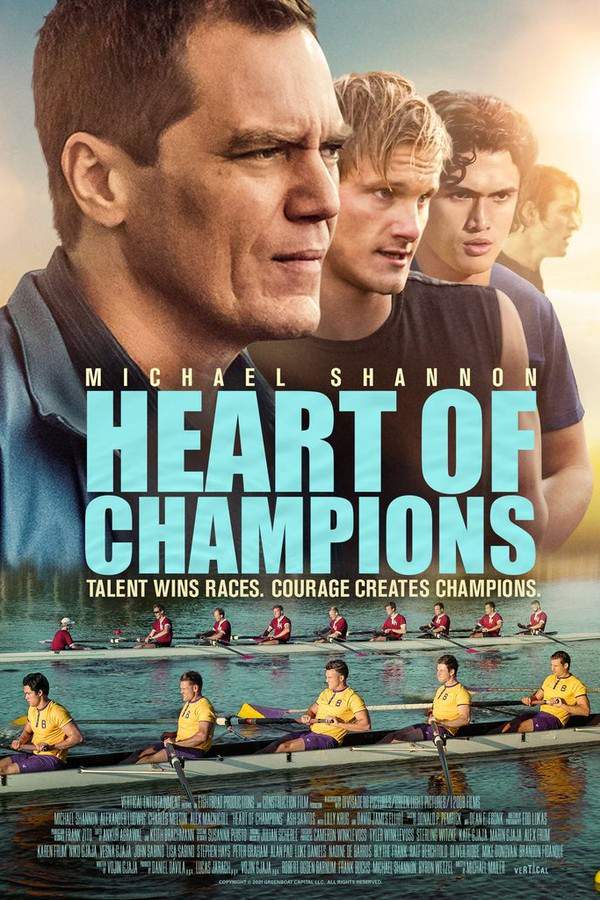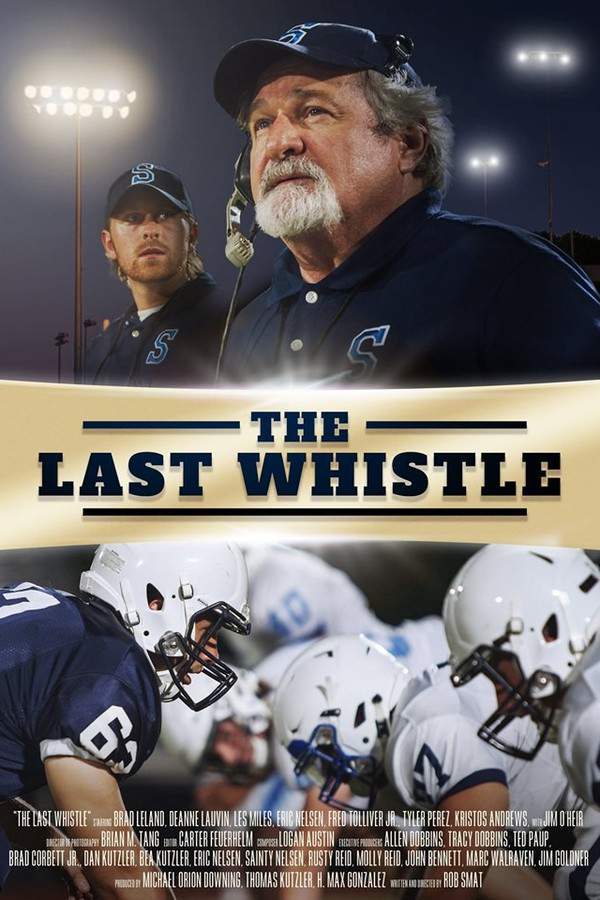We Are Marshall 2006

In 1970, a devastating plane crash claimed the lives of 75 people, including the entire Marshall University football team, deeply impacting the town of Huntington, West Virginia. Faced with immense grief, the community rallies together. Young coach Jack Lengyel is hired to rebuild the program, a daunting task that requires more than just athletic skill. He must unite a heartbroken town and inspire a new team while confronting the challenges of loss and remembrance.
Does We Are Marshall have end credit scenes?
No!
We Are Marshall does not have end credit scenes. You can leave when the credits roll.
Meet the Full Cast and Actors of We Are Marshall
Explore the complete cast of We Are Marshall, including both lead and supporting actors. Learn who plays each character, discover their past roles and achievements, and find out what makes this ensemble cast stand out in the world of film and television.
External Links and Streaming Options
Discover where to watch We Are Marshall online, including streaming platforms, rental options, and official sources. Compare reviews, ratings, and in-depth movie information across sites like IMDb, TMDb, Wikipedia or Rotten Tomatoes.
Ratings and Reviews for We Are Marshall
See how We Are Marshall is rated across major platforms like IMDb, Metacritic, and TMDb. Compare audience scores and critic reviews to understand where We Are Marshall stands among top-rated movies in its genre.

53
Metascore
6.3
User Score


%
TOMATOMETER

0%
User Score

7.0 /10
IMDb Rating

69
%
User Score
Take the Ultimate We Are Marshall Movie Quiz
Challenge your knowledge of We Are Marshall with this fun and interactive movie quiz. Test yourself on key plot points, iconic characters, hidden details, and memorable moments to see how well you really know the film.
We Are Marshall Quiz: Test your knowledge on the inspiring true story behind the Marshall University football team's tragic history and remarkable resurgence.
What date did Southern Airways Flight 932 crash?
November 14, 1970
October 21, 1971
September 10, 1972
December 1, 1970
Show hint
Full Plot Summary and Ending Explained for We Are Marshall
Read the complete plot summary of We Are Marshall, including all major events, twists, and the full ending explained in detail. Explore key characters, themes, hidden meanings, and everything you need to understand the story from beginning to end.
On the fateful evening of November 14, 1970, Southern Airways Flight 932, a chartered McDonnell Douglas DC-9 carrying the Thundering Herd football team back to Huntington, West Virginia, following a tight 17-14 loss to the East Carolina University Pirates, tragically clipped trees on a ridge just one mile from Tri-State Airport. The flight ultimately crashed into a nearby gully, resulting in a heartbreaking loss of all 75 souls onboard.
Among the deceased were 37 players, head coach Rick Tolley (portrayed by Robert Patrick), five coaching staff members, Marshall’s athletic director Charles E. Kautz, athletic trainer Jim Schroer, assistant trainer Donald Tackett, sports information director and radio announcer Gene Morehouse, along with 25 boosters and five crew members.
In the wake of this catastrophic loss, a remarkable story of resilience unfolded. That spring, player Nate Ruffin (Anthony Mackie), who missed the tragic flight due to an illness, led a passionate campaign among the students to persuade the board of governors to allow the team to play the 1971 season. Despite the tragic events, University President Donald Dedmon initially leaned towards suspending the football program indefinitely. However, the heartfelt pleas from Marshall students and Huntington residents, particularly the surviving players, encouraged him to reconsider.
In a bid to revitalize the program, Dedmon hired Jack Lengyel (Matthew McConaughey) as the new head coach. Alongside Red Dawson (Matthew Fox), one of the two surviving coaching staff members, they faced the daunting task of rebuilding the team with limited resources and experience. As prospects dwindled—many opting to join West Virginia University instead—Dedmon traveled to Kansas City to appeal to the NCAA to lift restrictions prohibiting freshmen from playing varsity football. His efforts were rewarded when he returned victorious.
Under the leadership of Lengyel, the young players were motivated not only to play but to redefine what it meant to compete. He challenged the old coaching paradigms, employing every possible strategy, even resorting to visiting rival coaches to obtain insights for his playbook. The reformed team consisted primarily of the 18 returning players—three from varsity and 15 sophomores—along with walk-on athletes from various sports at Marshall University.
Their debut was bittersweet; the “Young Thundering Herd” suffered a 29-6 defeat to the Morehead State Eagles. The loss weighed heavily on both Dawson and Ruffin, with many questioning whether it was disrespectful to field a team so inexperienced. Nevertheless, Lengyel remained undeterred, recognizing the unwavering support from the community. This determination culminated in a stunning comeback victory during their first home game against Xavier University, where they triumphed 15-13, reigniting the town’s spirit and honoring the memories of the fallen teammates.
Although they did not secure another win for the remainder of the season, the perseverance displayed laid the groundwork for extraordinary success in the following decades, culminating in five championships during the 1980s. This remarkable journey is a testament to the courage of those who fought to keep the football program alive against all odds.
Uncover the Details: Timeline, Characters, Themes, and Beyond!

Coming soon on iOS and Android
The Plot Explained Mobile App
From blockbusters to hidden gems — dive into movie stories anytime, anywhere. Save your favorites, discover plots faster, and never miss a twist again.
Sign up to be the first to know when we launch. Your email stays private — always.
Watch Trailers, Clips & Behind-the-Scenes for We Are Marshall
Watch official trailers, exclusive clips, cast interviews, and behind-the-scenes footage from We Are Marshall. Dive deeper into the making of the film, its standout moments, and key production insights.
Cars Featured in We Are Marshall
Explore all cars featured in We Are Marshall, including their makes, models, scenes they appear in, and their significance to the plot. A must-read for car enthusiasts and movie buffs alike.
We Are Marshall Themes and Keywords
Discover the central themes, ideas, and keywords that define the movie’s story, tone, and message. Analyze the film’s deeper meanings, genre influences, and recurring concepts.
We Are Marshall Other Names and Titles
Explore the various alternative titles, translations, and other names used for We Are Marshall across different regions and languages. Understand how the film is marketed and recognized worldwide.
Similar Movies To We Are Marshall You Should Know About
Browse a curated list of movies similar in genre, tone, characters, or story structure. Discover new titles like the one you're watching, perfect for fans of related plots, vibes, or cinematic styles.
Quick Links: Summary, Cast, Ratings, More

What's After the Movie?
Not sure whether to stay after the credits? Find out!
Explore Our Movie Platform
New Movie Releases (2026)
Famous Movie Actors
Top Film Production Studios
Movie Plot Summaries & Endings
Major Movie Awards & Winners
Best Concert Films & Music Documentaries
Movie Collections and Curated Lists
© 2026 What's After the Movie. All rights reserved.



















